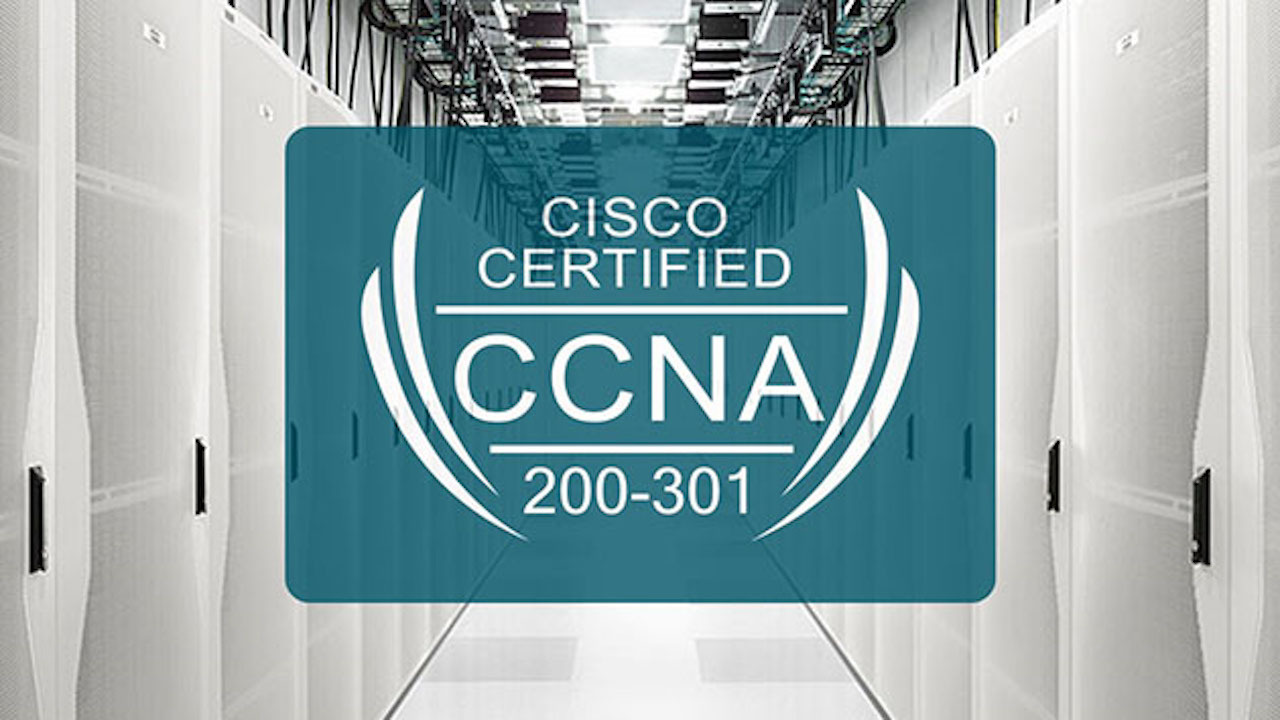There is an increasing need for highly skilled IT professionals, which has increased demand for credentials such as CCNA certification. Australia holds a special place for this certification, shaping career paths in the IT sector. We will examine its relevance for Australian professionals working within IT. This post will highlight its significance as an invaluable source for future IT specialists.
Understanding CCNA Certification:
What Is CCNA Certification?
CCNA stands for Cisco Certified Network Associate and provides entry-level workers with certification from Cisco Systems, an industry leader in networking technology. Earning CCNA certification validates basic abilities and techniques for effectively using Cisco network equipment.
Types of CCNA Certifications:
Cisco provides numerous CCNA specializations, including Routing and Switching, Security, Wireless, etc. Each specialization addresses various networking aspects to meet people’s individual professional goals.
Demand for CCNA Professionals:
So, demand for Certified Cisco Network Associate professionals within Australia has significantly increased, prompting an increased desire for this certification. CCNA credentials remain in great demand within this region, and thus, its possession is increasingly sought-after.
Networking Proficiency:
CCNA accreditation equips users with the essential abilities required for designing and deploying network infrastructures in an age where connectivity is ubiquitous, and businesses rely on experts in network technology for success.
Career Advancement:
For IT professionals seeking to advance their careers, CCNA certification represents the pinnacle. Not only can it open doors to entry-level jobs, but it can also open up higher-level Cisco certifications that lead to more significant career advancement and pay.
Industry Recognition:
Companies all around Australia and globally recognize Cisco certifications such as CCNA as a mark of quality. This credential strengthens your standing within an organization while showing that you are committed to staying up-to-date with industry standards.
Benefits of Earning the CCNA Certification:
Enhance Skillset:
CCNA certification provides essential knowledge of network switching, routing processes, and security issues, transferrable across IT roles to make certified professionals versatile and adaptable.
Competitive Edge:
In an increasingly competitive job market, having a CCNA certificate on your resume will give it an edge over others. Employers tend to favor applicants who possess specific credentials and certifications.
Increased Earnings:
Studies indicate that professionals holding CCNA certification tend to earn higher wages than their non-certified counterparts, as it showcases your abilities and increases earnings potential.
Career Opportunities:
Network Administrator Certified CCNA professionals often begin working as administrators of networks. Their primary responsibility is overseeing infrastructure maintenance, resolving any issues that arise within it, and maintaining seamless connectivity for users.
Network Engineer:
Network engineers design and implement sophisticated network solutions. By earning your CCNA certification, you’ll become qualified for positions requiring configuring routers, switches, and security protocols.
Security Analyst:
A CCNA Security specialization opens doors for jobs in cybersecurity. Security analysts protect from cyber-attacks – an indispensable task in today’s digital environment.
Conclusion:
In Australia, CCNA certification offers more than just paper credentials – it can open doors to a successful career in IT and networking. With numerous career options and access to an ever-evolving field, you should consider earning this credential to succeed in IT/networking.
Frequently Asked Questions:
How should I prepare for the CCNA certification test?
To prepare for the CCNA test, consider enrolling in an established training program that utilizes Cisco study materials and practice tests as preparation.
Are the credentials associated with CCNA accreditation internationally recognized?
Indeed, the CCNA certification is widely recognized and esteemed worldwide and provides IT professionals looking to work abroad with an invaluable asset.
Do I need the CCNA credentials for my transition into IT?
A CCNA certification provides a solid base that can be utilized across various IT positions and is thus an incredibly flexible qualification.
How much time do I need to become CCNA certified?
The time required to become CCNA certified will vary and depend on your previous knowledge and availability of study time; typically, this could take one to four months of study.
Are CCNA certification requirements relevant in Australia for networking positions?
Though not required for networking positions in Australia, a CCNA accreditation significantly increases your odds. Employers favor applicants holding this certificate due to their demonstrative knowledge and abilities.


